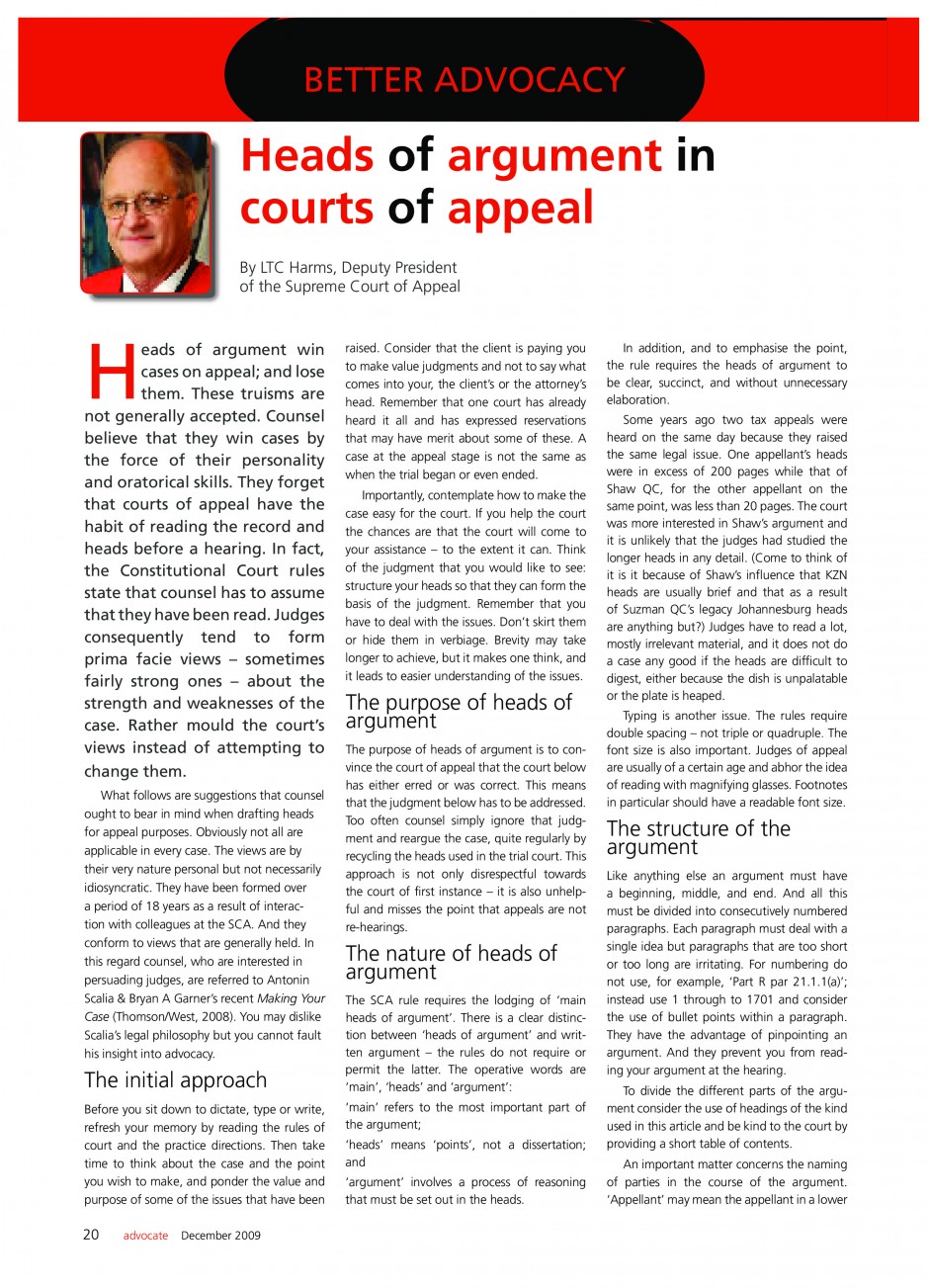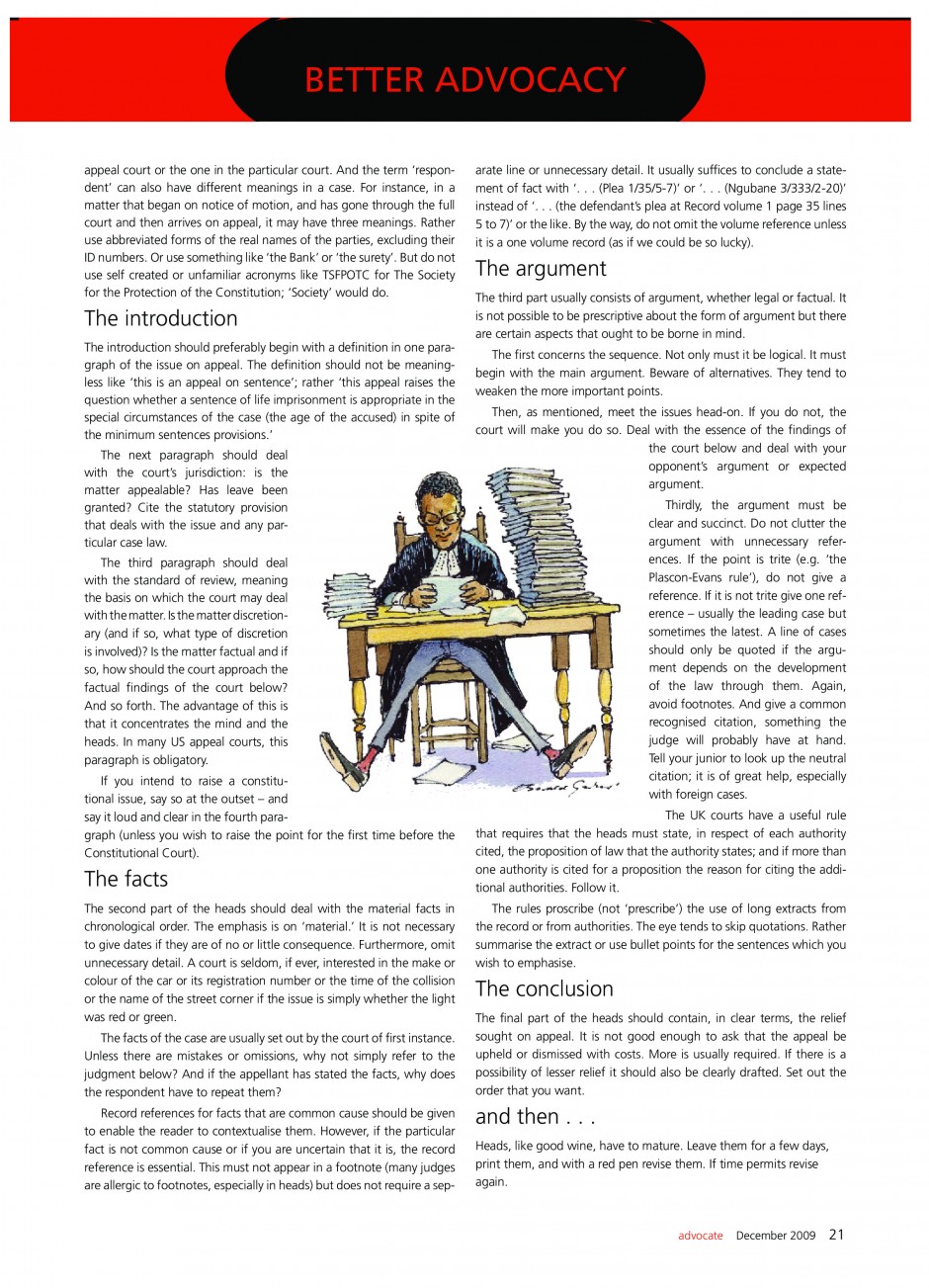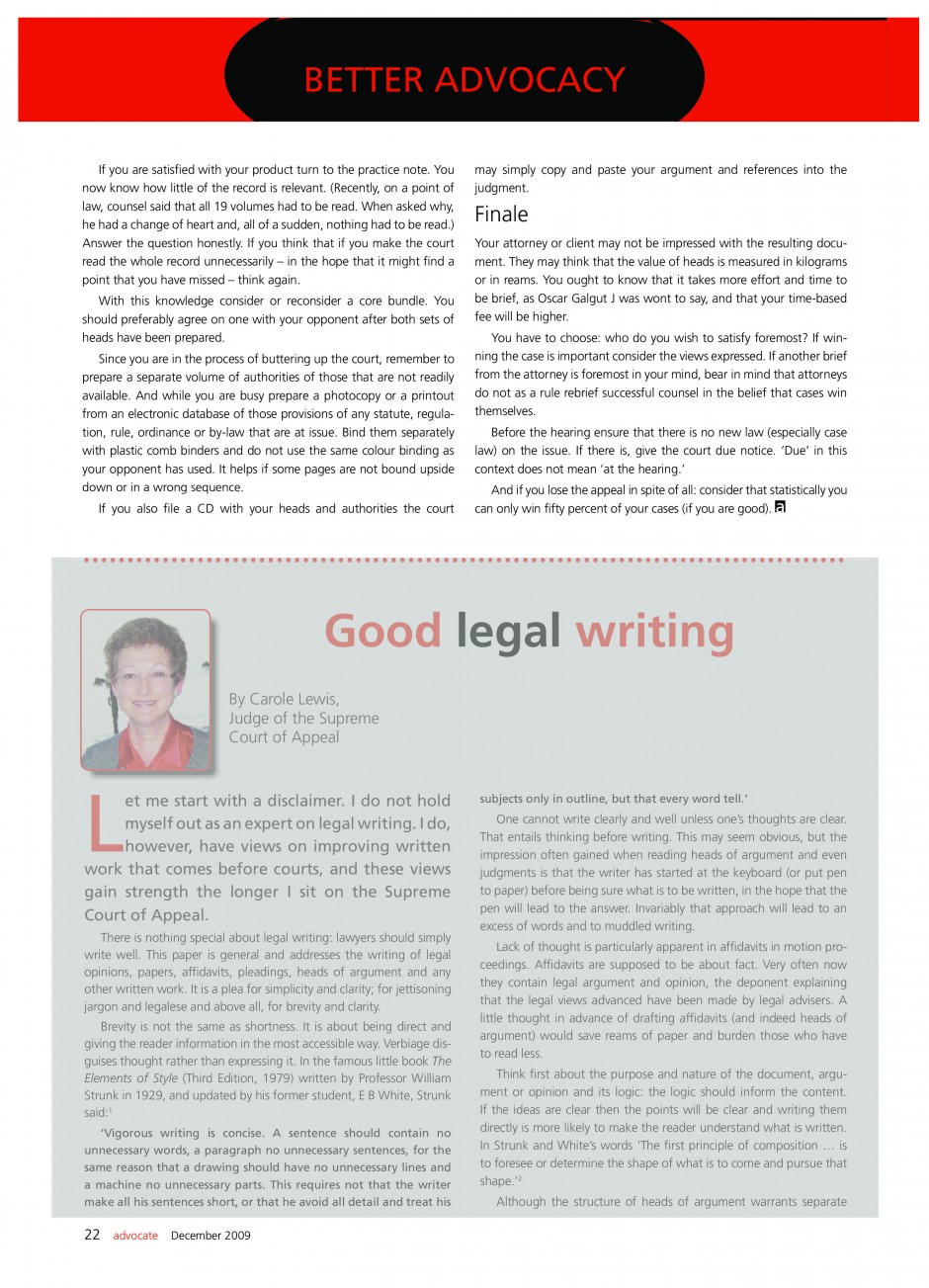by Chantelle | Nov 4, 2014 | Strategic Legal Writing
 In this recent decision, the court considered the placement of a comma in a settlement agreement.
In this recent decision, the court considered the placement of a comma in a settlement agreement.
Erie Boulevard Hydropower v. State of New York
From the settlement agreement:
The intent and purpose of the agreement being so to operate the Hinckley State Reservior [sic] that, after serving the canal uses and purposes, of the State, it may so far as practicable, be fully used for the storage of water and the regulations of the flow of West Canada Creek below the same for the benefit of the power property and riparian lands of [claimant] on West Canada Creek below the Hinckley State Reservior [sic]. Provided, [h]owever, that during periods of extradordinary [sic] or unusual drought, flood or emergency caused by the temporary failure of other sources of water supply for the canal use, . . . the Superintendent of Public Works or other officer . . ., without the payment of any damages to [claimant], . . . may temporarily vary or entirely suspend the operation of th[e] said dam and reservior [sic] as described and laid down in the operating diagram aforesaid during the periods of such extraordinary or unusual drought, flood or emergency caused by the temporary failure of other sources of [water] supply for the canal use . . . . (more…)
by Chantelle | Nov 2, 2014 | Strategic Legal Writing

Steven Pinker – The Sense of Style: The Thinking Person’s Guide to Writing in the 21st Century
Steven Pinker is one of the world’s leading authorities on language and the mind. His popular and highly praised books include The Stuff of Thought, The Blank Slate, Words and Rules, How the Mind Works, and The Language Instinct. The recipient of several major awards for his teaching, books, and scientific research, Pinker is Harvard College Professor and Johnstone Family Professor of Psychology at Harvard University. He also writes frequently for The New York Times, Time, The New Republic, and other magazines – Amazon.com (more…)
by Chantelle | Sep 19, 2014 | Strategic Legal Writing
 The power of Heads of Argument
The power of Heads of Argument
In this article I will briefly address the importance of Heads of Argument and will also guide you in drafting your own. My hope is that you will have a better understanding of what Heads of Argument entail and that you would also feel confident to draft your own, once you have read this article.
I completed my articles at a large firm which was not involved in much Magistrate Court litigation. As a result I can only remember attempting to draft heads of argument once during this time, which proved to be an extremely daunting task. The only heads of argument that I had seen at that stage, were those drafted by Senior Counsel, which were rather lengthy and dealt with complicated legal issues. (more…)
by Chantelle | Aug 25, 2014 | Strategic Legal Writing

MK Osbeck “What is “good legal writing,” and why does it matter?” (2012) 4 Drexel Law Review 417 – 467.
Abstract
Law schools face increasing pressure to improve instruction in practice oriented skills. One of the most important of these skills is legal writing. The existing literature on legal writing contains various rules and suggestions as to how legal writers can improve their writing skills. Yet it lacks an adequate theoretical account of the fundamental nature of good legal writing. As a result, legal writers are left without a solid conceptual framework to ground the individual rules and suggestions. This Article attempts to fill the theoretical void in the literature by offering a systematic analysis of what it is for a legal document to be well written. It starts by examining a foundational conceptual issue, which is what legal writers mean when they say that a legal document is well written. It argues that legal readers judge a document to be well written if the writing helps them make the decisions they need to make in the course of their professional duties. The Article then provides an analysis of the fundamental qualities that enable legal writing to do this, concluding that there are three such qualities: clarity, conciseness, and the ability to appropriately engage the reader. The Article explains why each of these qualities is essential to good legal writing, and it examines the tools good writers use to make their writing clear, concise, and engaging. Lastly, the Article examines what it is that distinguishes the very best writing in the field, arguing that great legal writing is not just writing that is especially clear, concise, and engaging, but is instead writing characterized by a separate quality, elegance, that is aesthetic in nature. The Article then goes on to explore what it is that makes such writing elegant, and whether it is desirable for legal writers to strive for elegance in their own writing. The Article concludes by briefly considering the pedagogical implications of the analysis discussed in the previous sections.
Download full article here.
 In this recent decision, the court considered the placement of a comma in a settlement agreement.
In this recent decision, the court considered the placement of a comma in a settlement agreement.
 The power of Heads of Argument
The power of Heads of Argument


